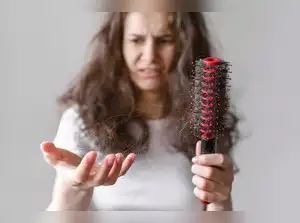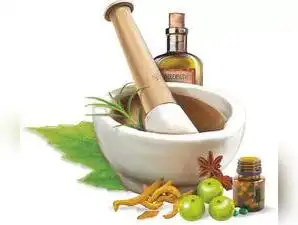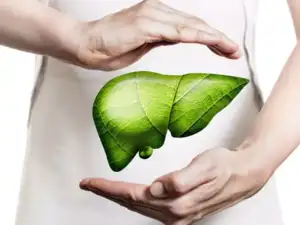Hair Loss Woes? It’s Not Your Shampoo!

Hair thinning is a prevalent issue, affecting individuals across various age groups and backgrounds. While many people attribute their hair loss to genetics, stress, or aging, recent studies have begun to reveal a surprising connection between what we drink and the health of our hair. The role of sugary drinks and alcohol in hair thinning is becoming a topic of significant concern, as these beverages, once thought to be innocuous or even enjoyable indulgences, are now linked to accelerated hair loss.
The Sugar-Hair Loss Connection
The relationship between sugar and hair health can be traced back to how sugar affects insulin and other hormones in the body. High sugar intake triggers insulin resistance, which increases the production of certain hormones that can lead to hair thinning. Moreover, sugar causes inflammation in the body, which can damage hair follicles and disrupt the hair growth cycle. Elevated blood sugar levels may also contribute to higher levels of androgens (male hormones), which are known to shrink hair follicles and shorten the hair growth phase.
Research shows that individuals who consume large amounts of sugar-rich beverages, such as sodas and energy drinks, are more likely to experience hair loss or thinning. These sugary drinks spike blood sugar levels rapidly, which leads to insulin spikes and hormonal imbalances that can negatively affect the hair follicles, leading to faster shedding and slower regrowth.
Alcohol and Its Impact on Hair Health
Alcohol, too, plays a critical role in hair thinning. Drinking alcohol in excess can lead to dehydration, a condition that leaves the scalp dry and the hair brittle. When the body is dehydrated, hair follicles are not properly nourished, which can prevent healthy hair growth and cause hair to fall out more easily. Alcohol is also known to interfere with the absorption of vital nutrients like zinc, biotin, and other vitamins necessary for healthy hair. Deficiencies in these nutrients are directly associated with hair thinning and loss.
Moreover, alcohol consumption can increase cortisol levels—the stress hormone—that is known to disrupt the natural hair growth cycle. Elevated cortisol levels can push hair follicles into a dormant state, causing hair to stop growing or even shed prematurely.
The Importance of a Healthy Diet for Hair Growth
While it’s clear that excessive consumption of sugary beverages and alcohol can lead to hair thinning, the good news is that adopting a balanced diet can help mitigate these effects. Cutting back on sugary drinks and alcohol and replacing them with water, herbal teas, and nutrient-rich beverages can promote better hair health. Nutrient-dense options like green tea, which is rich in antioxidants, can help protect hair follicles and encourage hair growth.
In addition, ensuring adequate intake of vitamins, minerals, and proteins is essential for maintaining hair health. B vitamins, zinc, and biotin play critical roles in promoting hair strength, while adequate hydration is key for keeping hair follicles nourished.
Conclusion
The impact of lifestyle choices on hair health is undeniable, and the link between high sugar and alcohol consumption and hair thinning should not be underestimated. While genetics and aging still play significant roles, taking control of your diet and avoiding excessive sugar and alcohol can help slow down or even reverse the effects of hair thinning. By nourishing your body with the right foods and drinks, you can support the health of your hair and enjoy fuller, healthier strands for years to come.



